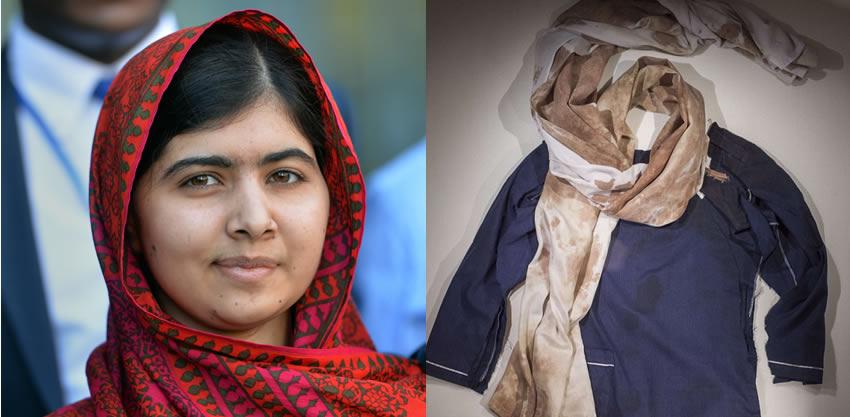 UNITED NATIONS, Aug 26 (APP) – The United Nations will not be deterred by a Taliban threat against its workers helping with flood relief efforts in Pakistan, the world body’s top humanitarian official said Thursday.“We do take these threats seriously. The U.N. will review the security measure for its workers, but we will not be deterred by these threats,” said John Holmes, the outgoing United Nations Under-Secretary-General for Humanitarian Affairs and Emergency Relief Coordinator.
UNITED NATIONS, Aug 26 (APP) – The United Nations will not be deterred by a Taliban threat against its workers helping with flood relief efforts in Pakistan, the world body’s top humanitarian official said Thursday.“We do take these threats seriously. The U.N. will review the security measure for its workers, but we will not be deterred by these threats,” said John Holmes, the outgoing United Nations Under-Secretary-General for Humanitarian Affairs and Emergency Relief Coordinator.
“Of course, security issues are there, but we’ll continue to help a very large number affected by the unprecedented floods” Holmes, who is leaving his post, told a news briefing at UN Headquarters in New York.
Replying to a question, Holmes said he had not talked to the Pakistan government about beefing up security for the UN aid workers, but the humanitarian team in the country had taken up the matter.
“There cannot be one hundred percent security, but we’ll continue to take risks in discharging our humanitarian duties,” he added.
Holmes said that Pakistan’s needs were enormous and the United Nations was scaling up its efforts to help the over 17 million uprooted people. Out of the six million people in dire need, the U.N. had reached about two million.
There were 80,000 marooned people who can only be reached by air, as he called for more international help. Efforts to expand the relief operations were underway, citing UN’s appeal for 40 more helicopters. The UN was waiting for a response, although Japan and the United Arab Emirates (UAE) have already offered to provide them.
The UN appeal for $460 million is more than 70 per cent funded at $325 million, he said, describing the response as “reasonable”. So far the total pledges so far amount to $600 million, moving towards $1billion mark.
The appeal will be substantially revised upwards in mid-September as billions of dollars not only for relief but also for reconstruction of the destroyed infrastructure, homes and other facilities.
Replying to a question, Holmes said he had not talked to the Pakistan government about beefing up security for the UN aid workers, but the humanitarian team in the country had taken up the matter.
“There cannot be one hundred percent security, but we’ll continue to take risks in discharging our humanitarian duties,” he added.
Holmes said that Pakistan’s needs were enormous and the United Nations was scaling up its efforts to help the over 17 million uprooted people. Out of the six million people in dire need, the U.N. had reached about two million.
There were 80,000 marooned people who can only be reached by air, as he called for more international help. Efforts to expand the relief operations were underway, citing UN’s appeal for 40 more helicopters. The UN was waiting for a response, although Japan and the United Arab Emirates (UAE) have already offered to provide them.
The UN appeal for $460 million is more than 70 per cent funded at $325 million, he said, describing the response as “reasonable”. So far the total pledges so far amount to $600 million, moving towards $1billion mark.
The appeal will be substantially revised upwards in mid-September as billions of dollars not only for relief but also for reconstruction of the destroyed infrastructure, homes and other facilities.
He said top priority was being given to control some of the waterborne diseases resulting from contaminated water – APP











